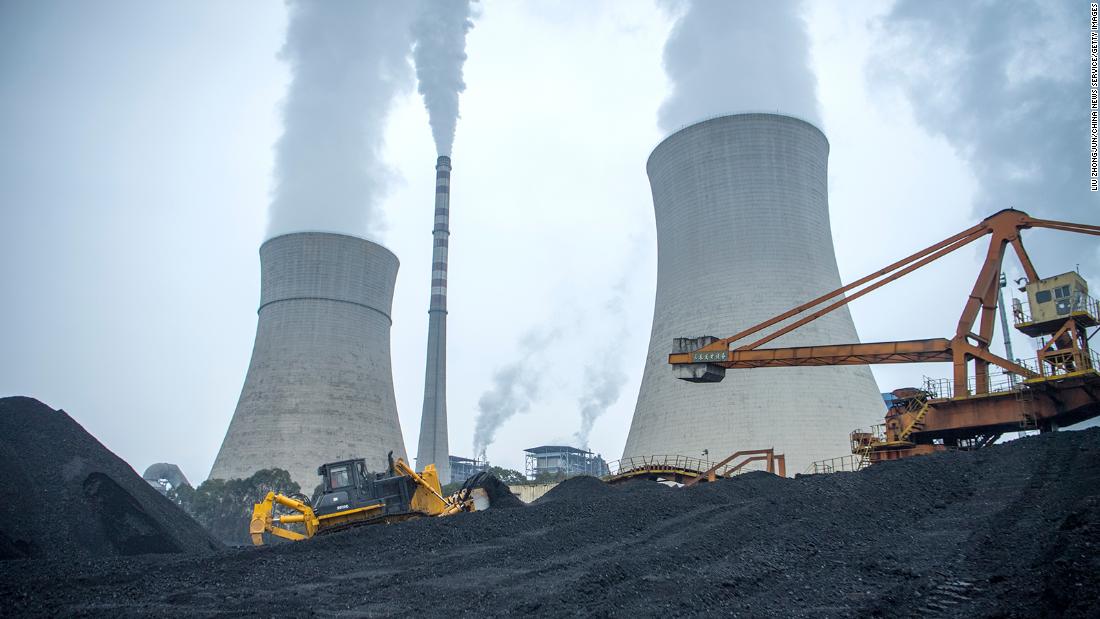The report is based on thousands of studies by hundreds of scientists, and the summary is a document of dozens of pages intended to guide policymakers. It is now scheduled to be published seven hours later than expected on Monday.
“One issue is the fundamental, underlying declaration that the world has to get off fossil fuels as quickly as possible. (These objections are) coming from countries with economic interests, from countries that are prioritizing that above what is clearly a global imperative,” the source told CNN, declining to name particular nations.
“Scientists want to send the extra-clear message that what needs to happen next is to get off fossil fuels to cut emissions as quickly as possible in this decade.”
Another sticking point was raised by some developing countries, which demanded that rich nations take more responsibility for their greater historical role in climate change, and that they pay more money to developing nations to help them cut greenhouse gas emissions and adapt to the crisis.
“They want to see clear responsibility taken by richer nations for the heat-trapping emissions they have put into the atmosphere … and to see greater financial flows for developing countries,” the source said.
The outstanding issues were so divisive that negotiators were placed in breakout groups to try to address them late Sunday.
The source told CNN that the enormous pressure to meet the moment of the mounting climate crisis had made talks tense and was the reason for the delay.
Where the previous installments of the report laid out the latest climate science and its impacts, this one is expected to set out a list of solutions to help the world reduce emissions. It comes at a time when many countries are rethinking policies around energy security.
Calls for a faster transition from fossil fuels to renewables have grown louder in recent months in response to a global energy crisis that is pushing up the cost of living in many parts of the world.
Coal, oil and natural gas demand — and prices — have soared since the world began to emerge from repeated Covid-19 lockdowns. Russia’s war in Ukraine is also putting enormous pressure on many countries, particularly those in Europe, to wean themselves off Russian oil and gas. Fossil fuel sales are a major contributor to the Russian state’s finances, which have been used to fund the war in Ukraine.
European nations are also trying to rely less on Russia to improve their own energy security.
The cost of renewable sources, such as wind and solar, has dropped dramatically in recent years and become competitive with coal and gas for power, according to the IEA.








More News
Chaos and Oppression
A Timeline of Weinstein’s New York Case
Maurizio Cattelan’s Got a Gun Show